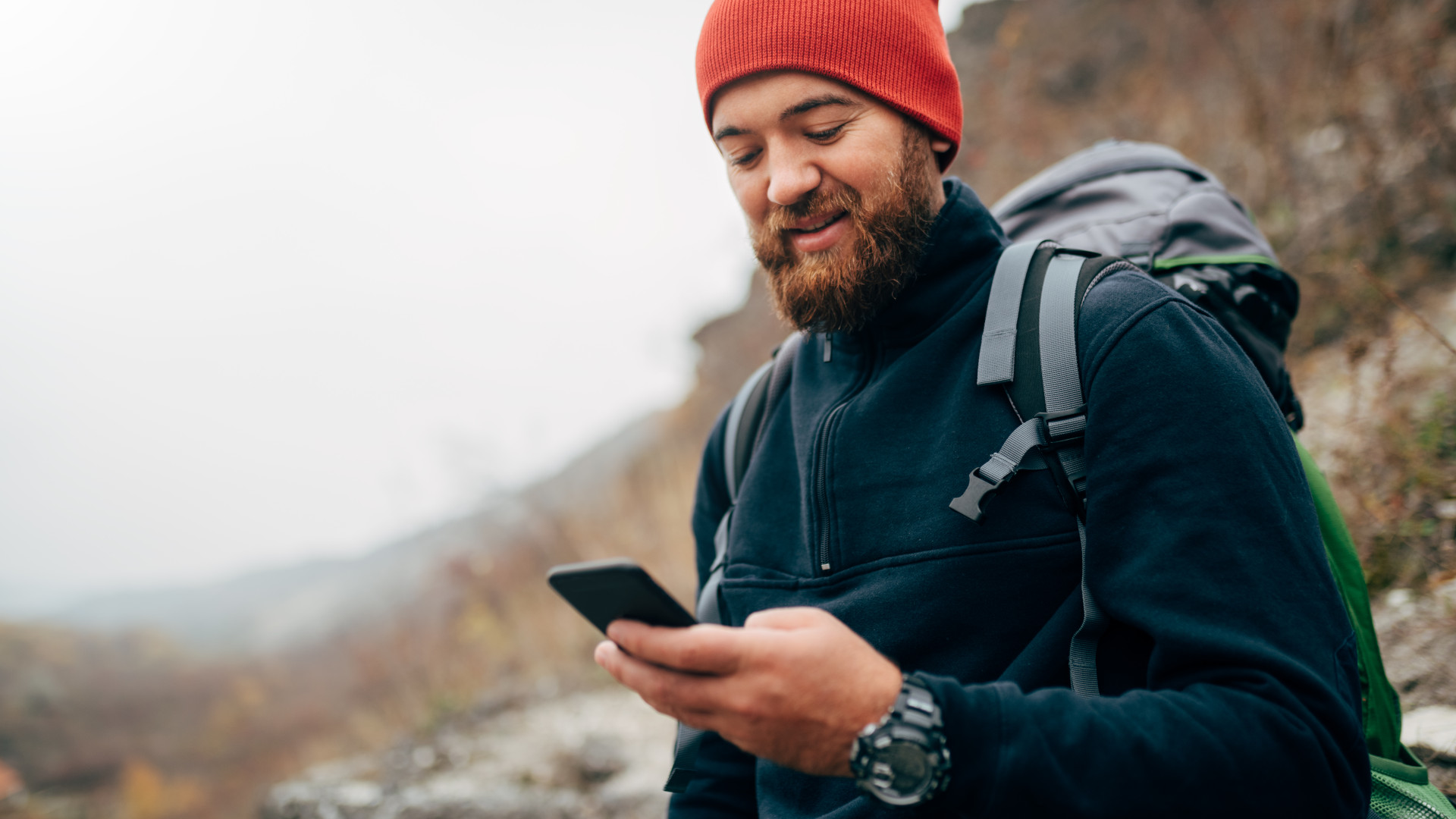
If you’re new to hiking then knowing exactly what you need to take can feel a little overwhelming. First, there are the obvious items; a backpack to carry everything, a decent pair of hiking boots, or walking shoes, snacks, and a water bottle. But once you’ve got those sorted, then what?
Luckily, Hiking Movement Coach Chase Tucker, also the founder of the popular outdoor YouTube channel, Chase Mountains, has shared five essential items that he thinks every beginner hiker should take with them when hitting the trails.
“These are just simple things for regular folk going on a day hike and if you bring them with you you’re much less likely to get in trouble and more likely to have a better time,” he says in his video.
Pen and paper at the ready! Here’s what you need…
1. Water filter
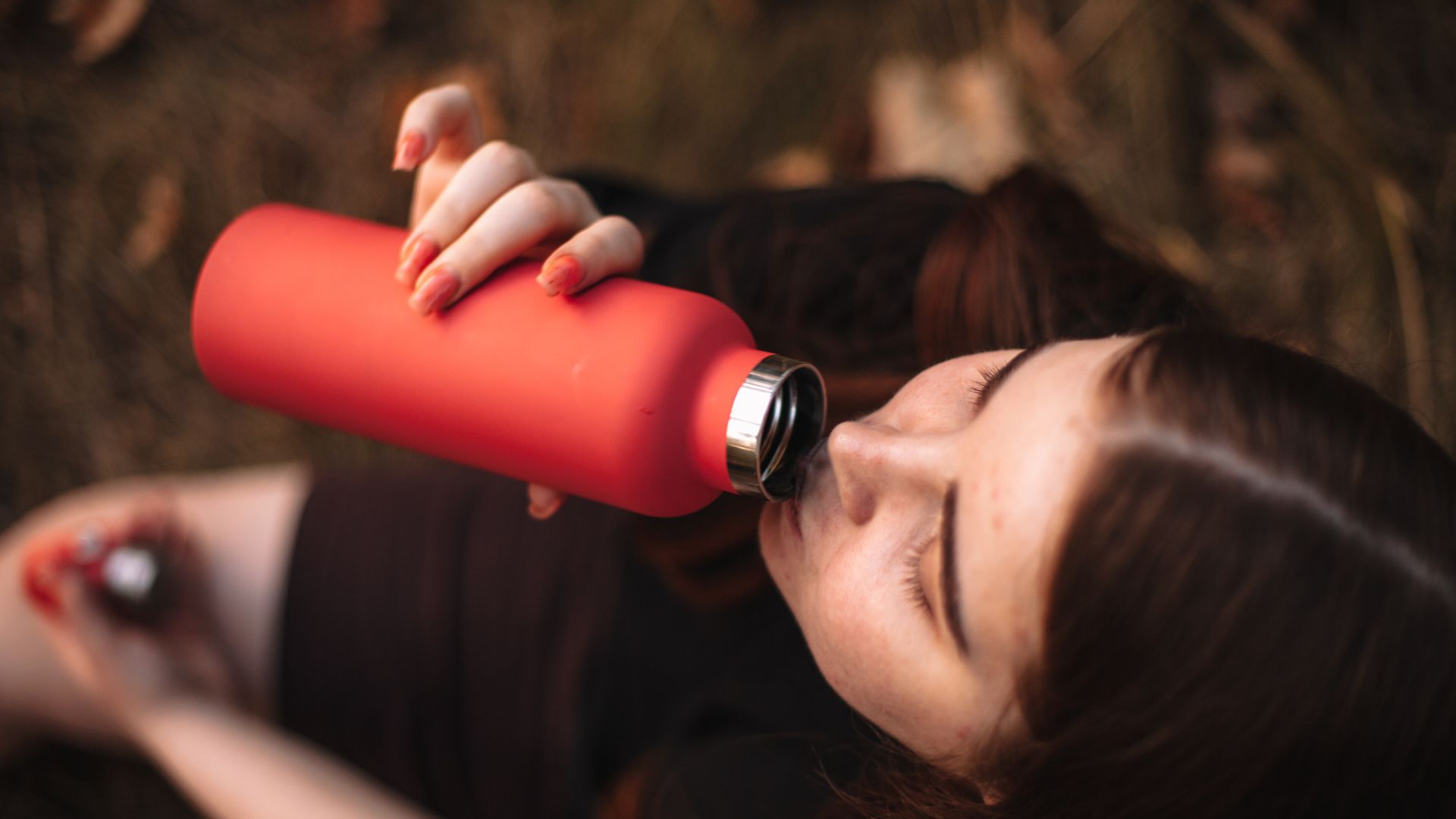
Not drinking enough and becoming dehydrated won’t just ruin your hike, but it can be dangerous too. However, if you’re on a hike that passes lakes, rivers or streams, Tucker recommends buying a water filter. In his video Tucker says: "Water in the mountains may seem like it's pristine and safe and perfectly clear to drink, but a lot of the times it's not." A water filter, however, will filter out all the harmful bacteria so you can drink the water safely. Plus you won't have to carry multiple water bottles. This is the one Tucker recommends, or LifeStraw has lots of great choices.
2. Trowel
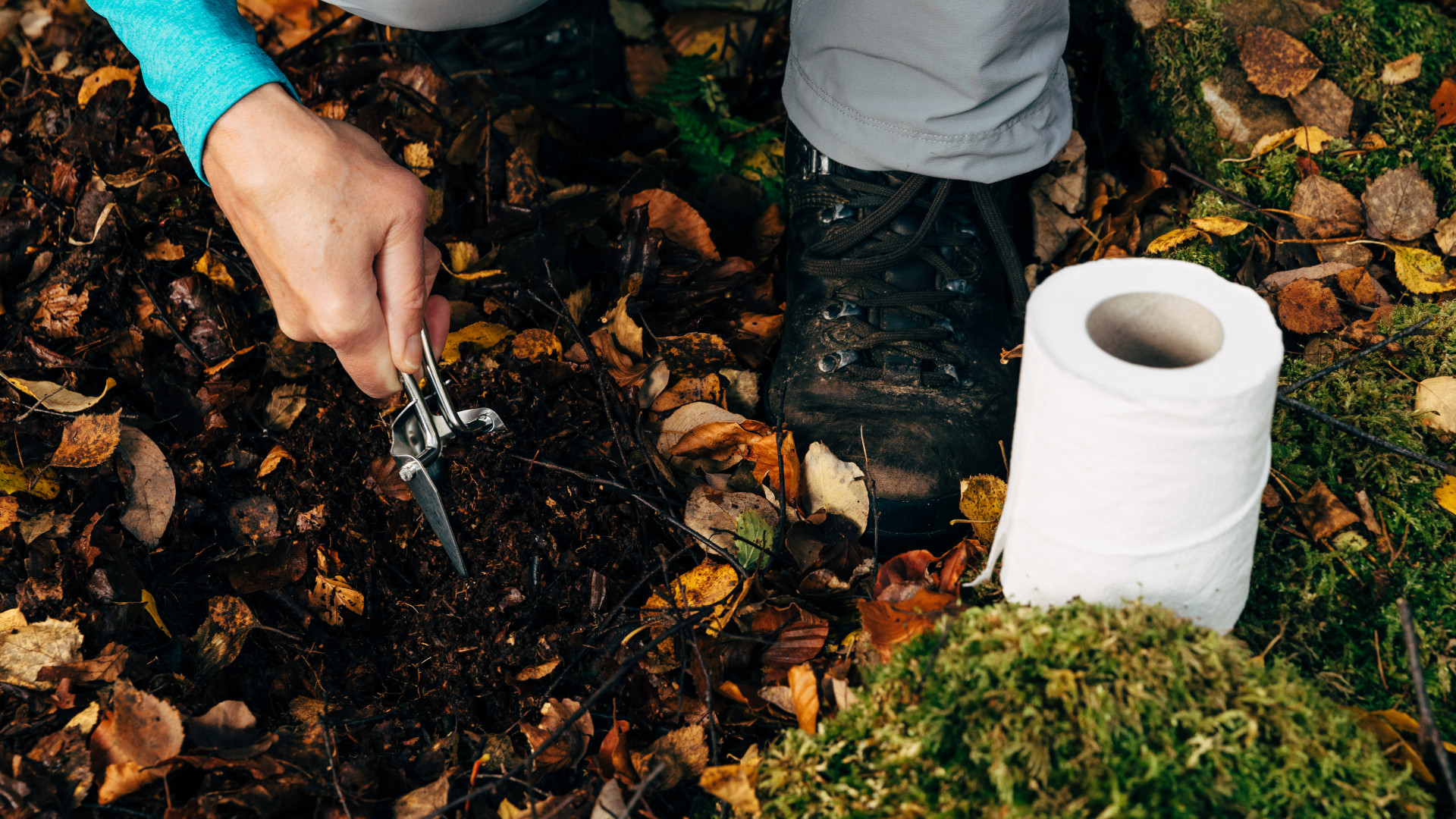
When hiking you’re not going to have access to toilets, which means you’re going to have to do your business outdoors. “People that are new to hiking don’t know what to do with poo in the wilderness and the general rule around the world for what to do is to bury it, so I recommend you bring a trowel,” says Tucker. With this, he says you can dig a 'cat hole', a small 20cm hole in the ground, where you can do your business and then neatly cover it back up – no-one will ever be able to spot the difference.
3. Offline maps
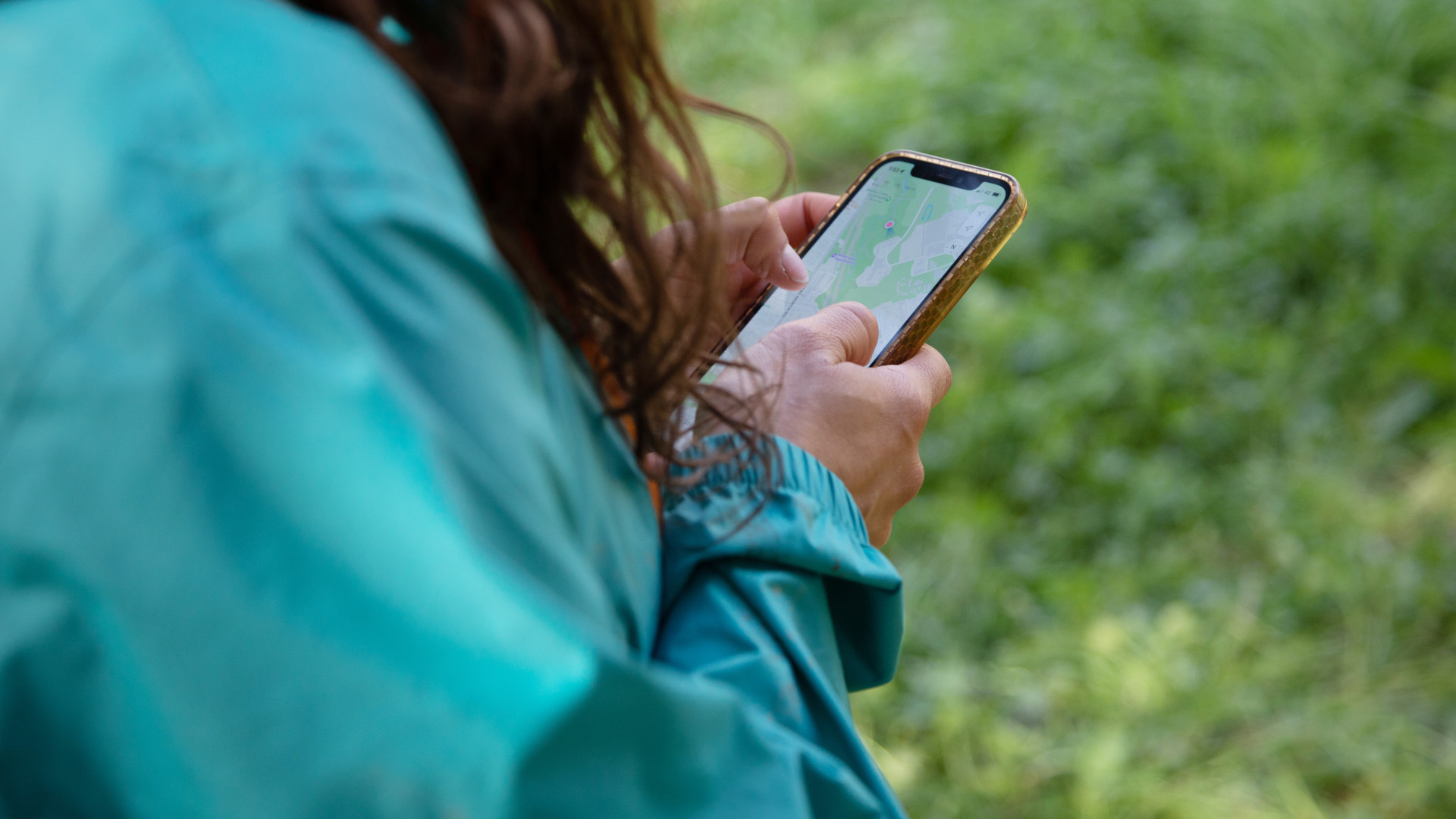
Going off-trail is common on a hike, but if this happens to you as a new hiker, it can be pretty scary and leave you in a bit of a panic. This is why Tucker suggests downloading some offline maps, as there’s no internet in the mountains and once you’re out of range your trusted Google Maps will be useless. MAPS.ME is completely free and gives you turn-by-turn navigation.
4. Battery pack
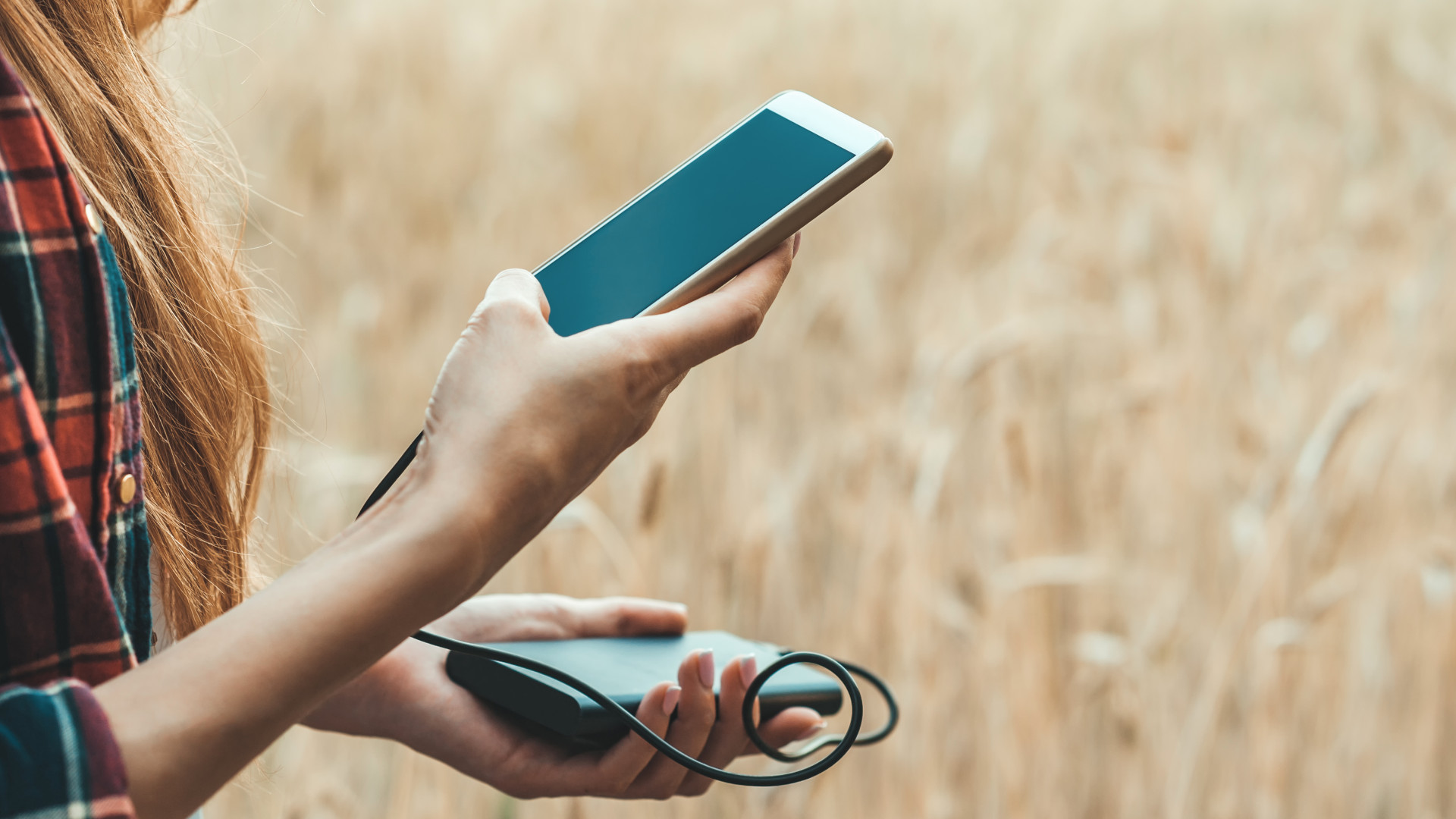
If you're capturing stunning views on your phone or using it for directions, the battery is going to get drained, which is why everyone should bring a power bank. Tucker says for short day hikes a power bank that's around 2,000 mAh should be plenty, whereas one around 200,000 mAh should last you around four to five days.
5. Wool socks
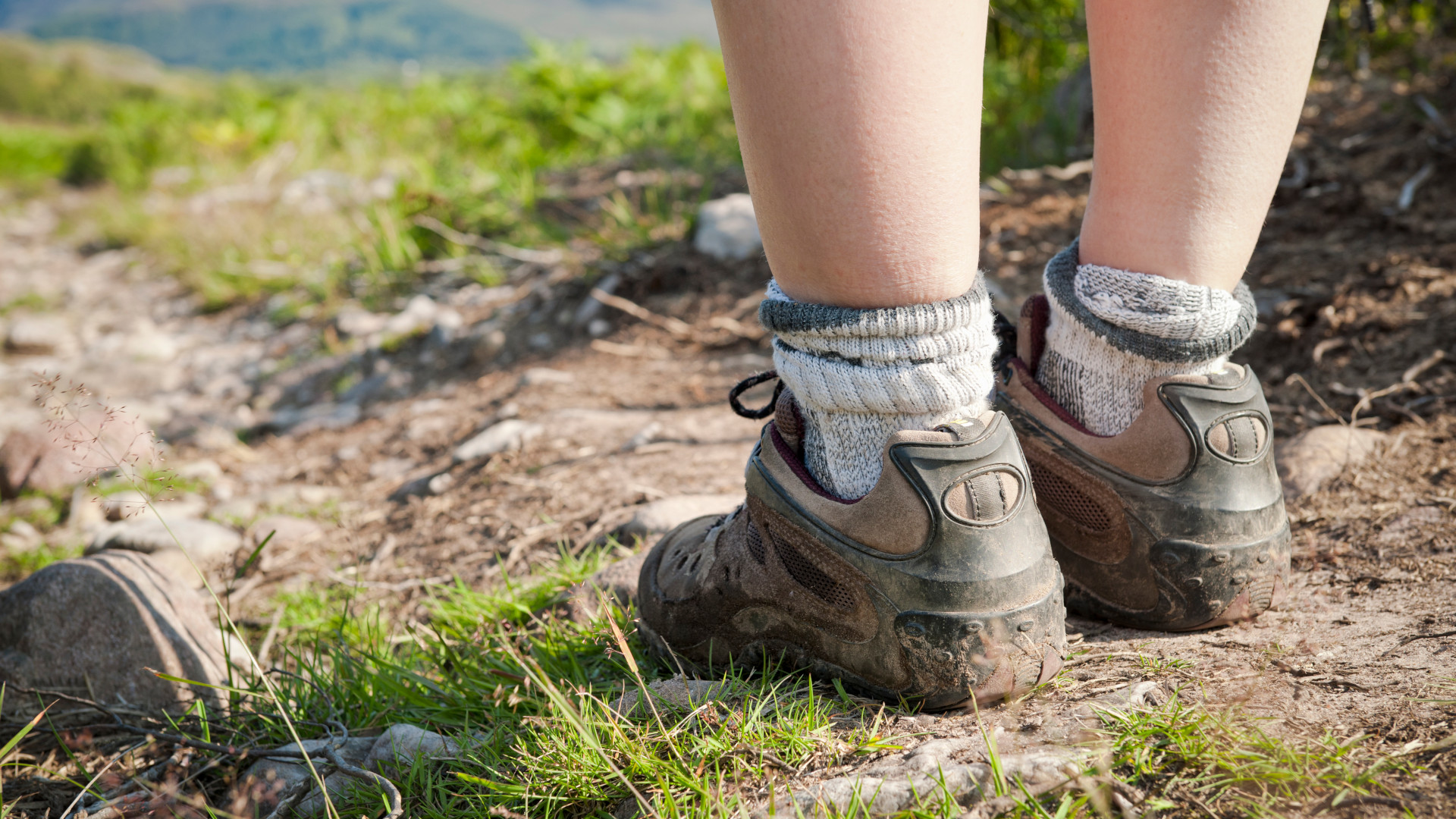
Probably not the most obvious thing that comes to mind when heading out for a hike, but a good pair of quality hiking socks can make a massive difference to the comfort of your hike. "Cotton tends to absorb moisture and it traps that moist environment in your foot that's probably going to cause discomfort at the least, but blisters, maceration, fungus, all sorts of nasty stuff," Tucker says. Instead, he recommends a wool-synthetic blend or, if you're vegan, bamboo.







